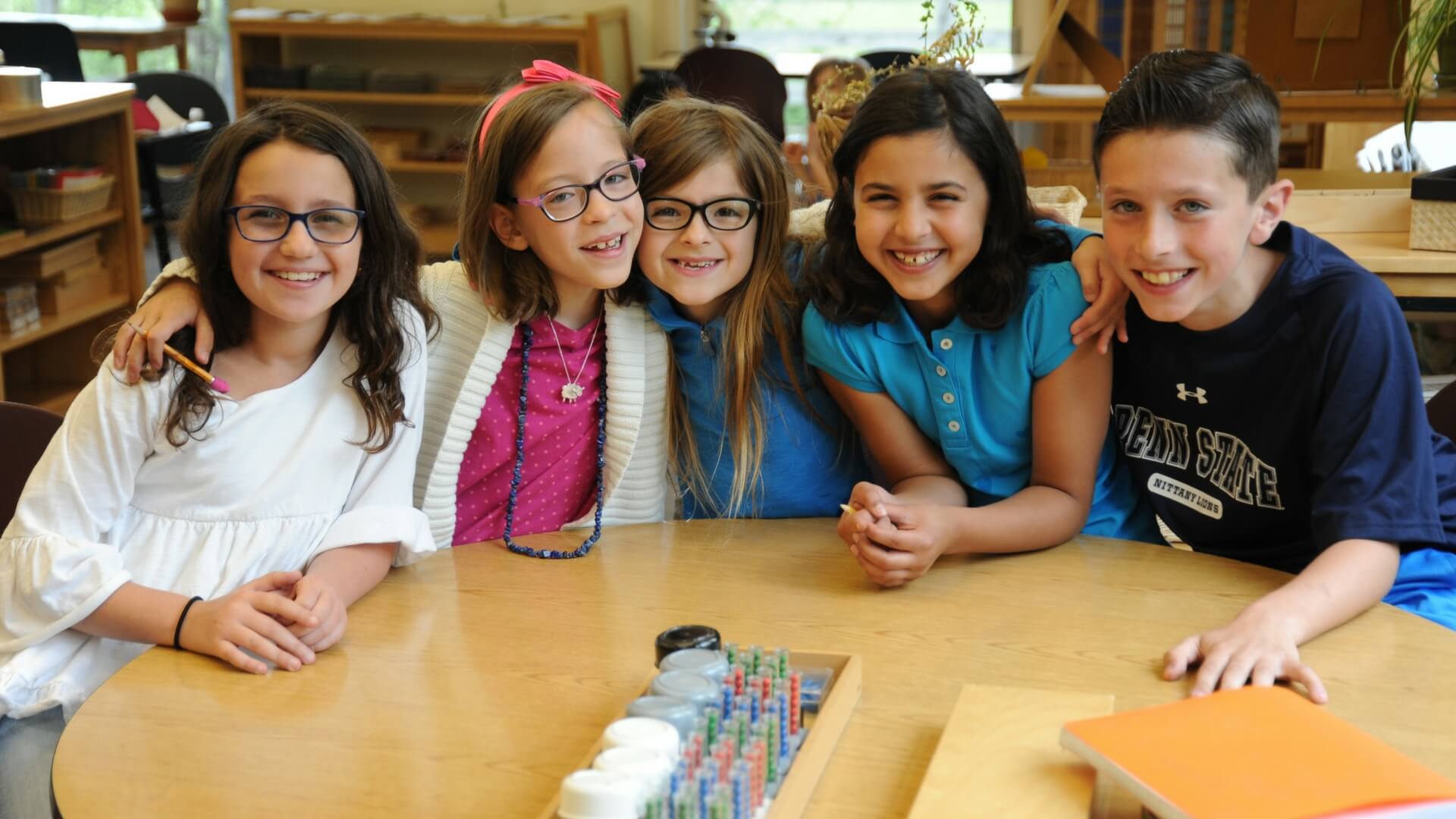We all know reading to your child is a good thing, but do you know the specific advantages your child can receive by reading and being read to? Below are some benefits that highlight the importance of reading to your child before turning out the light.
1. You get to spend time together.
When you are reading with your child, you are focusing on nothing else but them. It’s impossible to read to your child and look at your phone or watch TV or do housework at the same time. Reading individually to each one of your children before bed allows you to spend quality time with them separately. The older your child grows, the harder it is to find distraction-free time, so reading each night is a wonderful way to strengthen your bond and give the two of you something to be excited about together. It becomes a part of your daily bedtime routine and your child will look forward to it.
2. Academic excellence.
One of the primary benefits of reading to toddlers and preschoolers is a higher aptitude for learning in general. Numerous studies have shown that students who are exposed to reading before preschool are more likely to do well in all facets of formal education. After all, if a student struggles to put together words and sentences, how can he be expected to grasp the math, science, and social concepts he’ll be presented with when he begins elementary school?
3.The basics of how to read a book.
Children aren’t born with an innate knowledge that text is read from left to right, or that the words on a page are separate from the images. Essential pre-reading skills like these are among the major benefits of early reading. During early childhood, your child is learning critical language and enunciation skills. By listening to you read One Fish Two Fish Red Fish Blue Fish, your child is reinforcing the basic sounds that form language. “Pretend reading”—when a toddler pages through a book with squeals and jabbers of delight—is a very important pre-literacy activity. As a preschooler, your child will likely begin sounding out words on his own
4. It’s a good way to start conversations.
Books always give you a reason to talk with each other. It’s easy to talk about what happens in the stories and how we would handle those situations. It brings up many subjects that you may not have thought about. Children’s books love a good moral! A dog gets bullied by a bigger dog, a duckling learns the value of honesty, and the list goes on. Each night you’re reading together, you’re teaching your child the value of right and wrong. Your teaching about the importance of kindness and why they should think about others. The best part is that these lessons are demonstrated in practical ways your child can understand.
5. It’s a great way to bring out the individuality in your children.
You can read different things to each one of your children. They can pick out books about topics about which they are interested and it can introduce your kids to things that their school curriculum doesn’t have the time to cover. If your child is interested in learning more about the human body or if they have an interest in learning about the constellations, you can find books on those subjects and dive in!
6. Feed Their Imagination
Escaping to new and magical worlds within the pages of their favorite book will help your child learn to use their imagination. Watch as the pages from a book come to life outside in the backyard, or in a carefully drawn picture. Your child will learn to concentrate and listen closely to the descriptions you’re reading to re-create the images in their mind. This is a fundamental skill in being creative.
7. Increase their vocabulary.
By reading to your child, it will strengthen their vocabulary and they will have better comprehension skills. And reading allows them to excel not just in language arts, but in all their subjects. Exposing your child to language is proven to help expand their vocabulary. Your child will be introduced to new words and different ways to use the ones they already know. An increased vocabulary can improve confidence.
8. Fostering a lifelong love of reading.
When reading to your child, get into the story, change your voice for different characters and to reflect what is happening in the story. As a result, your children will learn to love reading on their own and will look back on those special times and stories that you have read together. One of the most important jobs of a parent is to provide their children with the tools necessary to grow into a wonderful human being. Reading offers valuable educational, social, and emotional learning tools that research has shown will provide your child with a strong foundation to grow. Five minutes of reading a night can make a big difference, for your child, and for you.


